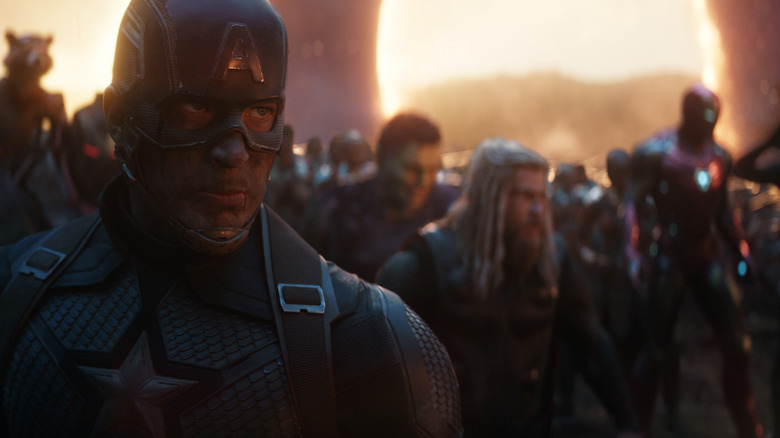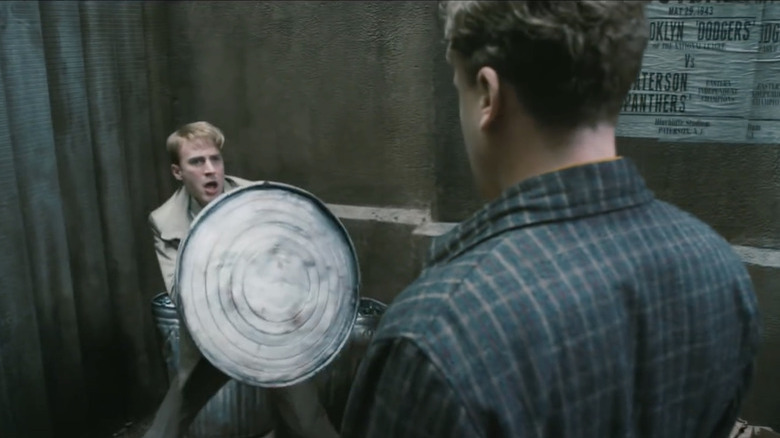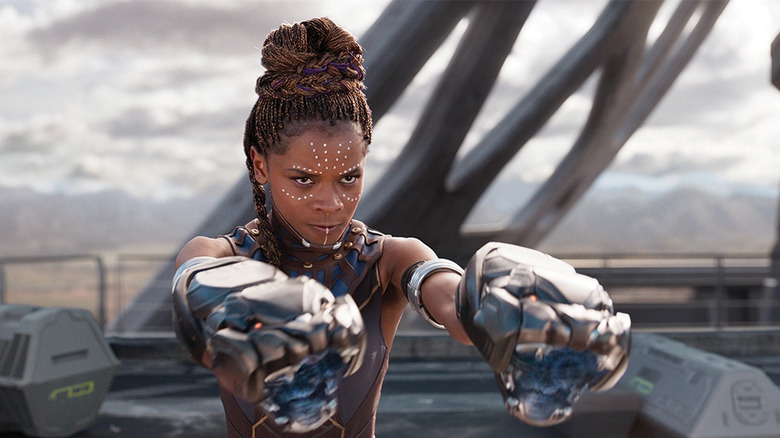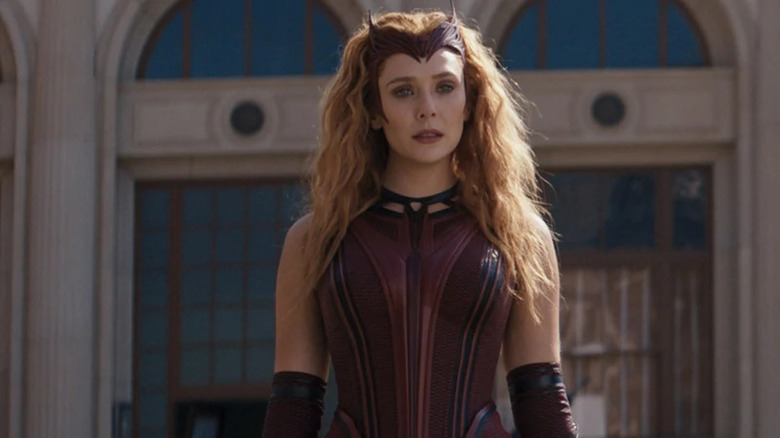
People have been pondering for some time whether or not too much of a good thing can be bad. Consuming an excess of candy, for example, can be bad because it can upset your stomach. On the other hand, Mark Twain and F. Scott Fitzgerald have said that too much of their drink of choice (good whiskey and champagne, respectively) is never enough. And then there's that one episode of "How I Met Your Mother" where the gang has to tell Neil Patrick Harris' Barney that if every day is legendary, then none of them are.
But when it comes to comic book movies, specifically those that are based on superheroes, Marvel Studios President Kevin Feige doesn't subscribe to that belief. Like Mae West, he's in a camp that believes an abundance of a good thing can be wonderful, and over the course of the past 15 years, True Believers and the box office figures have proven that to be true for the Marvel Cinematic Universe.
So while people are constantly talking about superhero fatigue and debating the validity of classifying the House of Ideas' movies as "cinema," as he recently shared on "The Movie Business Podcast," Feige doesn't understand the arguments and does his best to brush off that particular discourse.
'I Can Do This All Day'

During an appearance on the podcast hosted by USC School of Cinematic Arts professor and author Jason E. Squire, Feige revealed (via Variety) that people have been asking about when the superhero bubble would pop since the second year of his 22-year (and counting) tenure at Marvel Studios. They would constantly inquire about his thoughts on the longevity of comic book movies and when he sees this "fad" ending.
However, the architect of the MCU didn't and doesn't chime in on that conversation since it doesn't make sense to him. "I didn't really understand the question," he said. "Because to me, it was akin to saying after 'Gone With The Wind,' 'Well, how many more movies can be made off of novels? Do you think the audience will sour on movies being adapted from books?' You would never ask that because there's an inherent understanding among most people that a book can be anything. A novel can have any type of story whatsoever. So it all depends on what story you're translating. Non-comic readers don't understand that it's the same thing in comics."
"There's 80 years of the most interesting, emotional, groundbreaking stories that have been told in the Marvel comics," Feige continued, "and it is our great privilege to be able to take what we have and adapt them. Another way to do that is adapting them into different genres, and what types of movies we want to make."
'Just Because Something Works, Doesn't Mean It Can't Be Improved'

A prime example of Feige's point is "Spider-Man: No Way Home." There have been multiple origin stories for the friendly neighborhood web-slinger presented in movie theaters over the years, but the 2021 film from Jon Watts reimagined the whole "With great power, there must also come great responsibility" tale for Tom Holland's version of the character. Though it was still using elements of Stan Lee and Steve Ditko's "Amazing Fantasy" #15 from 1962, they used them in a different way to tell a whole new story that not only captured the spirit of the Marvel comic but the Sony movies that came before it.
Yet there were still people who did not enjoy the movie and claimed that it was a sign of "superhero fatigue" that the MCU had to resort to fan service and nostalgia rather than telling original stories. But why wouldn't you want to cater to the people who you think will be fans of your movie? As Feige says later in the interview, it's all about telling the right story. And based on the outpouring of positive support following its release, Spider-Man fans were just like Goldielocks — what they found was just right.
'I Can't Control Their Fear, Only My Own'

Granted, I will concede that jumping into a long-running franchise can be daunting for anyone, especially if it's been around for multiple generations. However, if it's something that you want to do, there are ways to make it happen.
When I first started watching "Doctor Who," my friends recommended that I start with the 2005 revival rather than starting with the First Doctor since it was a more accessible starting point for new viewers. After catching up, I went back and dabbled in some Classic Who just to learn more about the vintage villains or companions that pop up from time to time, particularly around anniversaries. Though I didn't have to do so in order to enjoy David Tennant's or Jodie Whittaker's regenerations, I did it that way because I wanted to know more. No one was assigning homework.
The same goes for film genres. Westerns were "a fad" back in the day, but that didn't stop them from getting made past their prime. "The Harder They Fall" starring Jonathan Majors and Idris Elba dropped in 2021 despite the "Western bubble" popping by the end of the 1960s. So even if superhero movies start to lose their popularity, it's not like they'll disappear completely. There will still be fans out there ready to consume that media, no matter who may or may not be fatigued by it.
The world is already filled with enough negativity as it is. One of the best parts of watching movies is that, regardless of your preferred genre, they can take you away from that for a while. Being critical is one thing, but as long as they're not hurting anyone while doing so, let people enjoy what they like and you are free to do the same.
Read this next: The Most Powerful X-Men Villains Ranked
The post Why Marvel's Kevin Feige Isn't Worried About Superhero Fatigue appeared first on /Film.


0 Commentaires